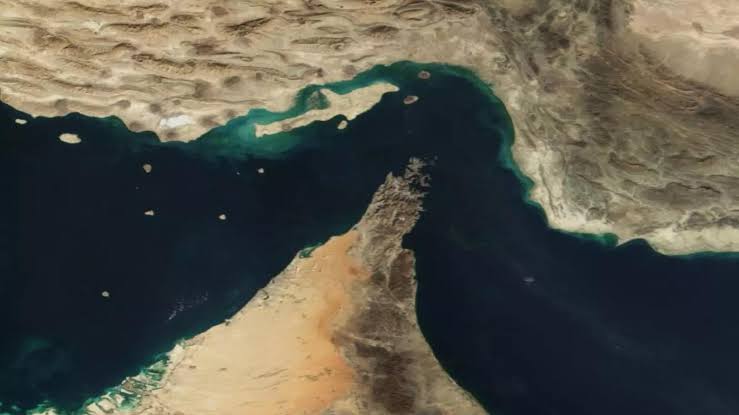Tehran, June 22, 2025 — In a dramatic escalation following U.S. precision strikes on Iranian nuclear facilities, Iran’s Parliament has approved a resolution backing the closure of the strategically vital Strait of Hormuz. The final decision now rests with the Supreme National Security Council (SNSC), Iran’s top security authority.
The move comes just hours after U.S. President Donald Trump ordered strikes on three nuclear sites in Iran, including the underground Fordow facility. The attacks, described by the Pentagon as “surgical and necessary,” have reignited fears of a full-blown regional war.
The Strait of Hormuz, a narrow waterway linking the Persian Gulf to the Arabian Sea, handles nearly one-fifth of the world’s oil shipments. Any disruption could send shockwaves through global energy markets and prompt military retaliation from Western forces patrolling the region.
Revolutionary Guard commander and MP Esmail Kosari stated, “The closure of the Strait is no longer a hypothetical scenario. It is now a strategic option firmly on the table.” The resolution passed in Parliament is non-binding but signals overwhelming domestic support for a retaliatory stance against the United States.
Iran has accused the U.S. of violating international law and sovereignty. In a statement issued Sunday, the Atomic Energy Organization of Iran (AEOI) said, “The attacks constitute a savage and illegal act, carried out under the silent complicity of the IAEA.” Iran also vowed to continue its nuclear program undeterred.
Meanwhile, the International Atomic Energy Agency (IAEA) confirmed that radiation levels at the targeted sites remain normal and no significant leaks have been detected. An emergency meeting of the IAEA is scheduled for Monday.
Global reactions have been swift. Oil prices surged over 9% in early trading amid fears of disruption in crude shipments. U.S. officials have warned Iran that any attempt to block the Strait of Hormuz would trigger a strong military response.
The Supreme National Security Council is expected to deliberate within the next 48 hours. If the closure is formally approved, it would mark one of the most volatile escalations in the Middle East in recent decades.
Iran Moves to Close Strait of Hormuz After U.S. Strikes, Final Decision Awaited

